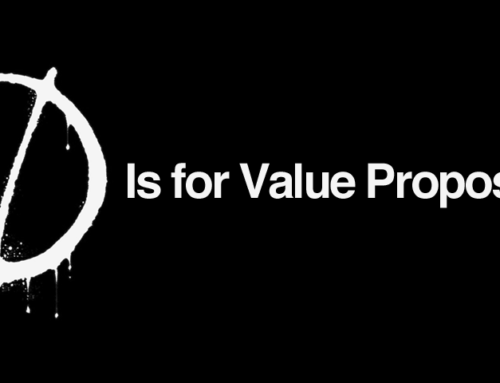“The Japanese word shokunin is defined by both Japanese and Japanese-English dictionaries as ‘craftsman’ or ‘artisan,’ but such a literal description does not fully express the deeper meaning. The Japanese apprentice is taught that shokunin means not only having technical skills, but also implies an attitude and social consciousness. … The shokunin has a social obligation to work his/her best for the general welfare of the people. This obligation is both spiritual and material, in that no matter what it is, the shokunin’s responsibility is to fulfill the requirement.” – Tasio Odate
I recently watched two films, Somm and Jiro Dreams of Sushi, that exemplify “shokunin”, being the master of your trade. In parallel, I read the book So Good They Can’t Ignore You, which makes the case for how and where job happiness is really obtained.
In Somm, a documentary about four sommeliers attempting to pass the prestigious Master Sommelier exam, we see passion (or obsession) for a goal that only about 200 sommeliers have been able to achieve. Memorizing the history and geography (we’re talking micro-geography) requires the use of thousands of flash cards. As if that wasn’t difficult enough, tasting to identify the characteristics of the wine requires countless hours of drinking wines from around the world, with the ultimate goal of describing the taste and naming the varietal, region, vintage and perhaps winery. The takeaway is that if you are driven enough toward a goal, you see that deep sacrifice may be necessary. If you reach your goal, “fame and riches” await.
Showing much more restraint and humility is sushi chef Jiro Ono, regarded as the world’s greatest sushi chef. His 10-seat, sushi-only restaurant in Tokyo earned a 3-star Michelin Guide rating as a result of Jiro’s exquisite attention to detail. With his 2 sons and some dedicated apprentices, Jiro demonstrates “shokunin”, a Japanese work that translates as artists and craftsman who feel a deep obligation to ensure the best possible work. The advanced preparations each day exemplify Jiro’s obsession with his craft: hand-smoking the nori, choosing the best ingredients, training the younger chefs in his methods, tasting during the process and then delivering over-the-top service (e.g., subtly placing sushi differently on the plate for a left-handed diner). Cutting up fish isn’t exactly the most glorious job in the world, but because of his intense skill, Jiro gained worldwide recognition.
These dedicated examples align with Cal Newport’s depiction of how people become happy at work. Being the best at your job drives more satisfaction than doing something that you simply love to do. You’re more likely to make more money if you’re the best. You may love cooking, but having a successful career as a chef is no walk in the park. You may enjoy going to the spa, but building a successful career around massage therapy is a different story. Matching your career to your passion is most likely a fool’s errand. Happiness comes after you put in hard work and become a linchpin with something others consider valuable (just like Jiro!).
Trying to figure out what to do with YOUR career? Watch these films and read this book. Be a shokunin, and the passion (and money) will most likely follow.






Leave A Comment